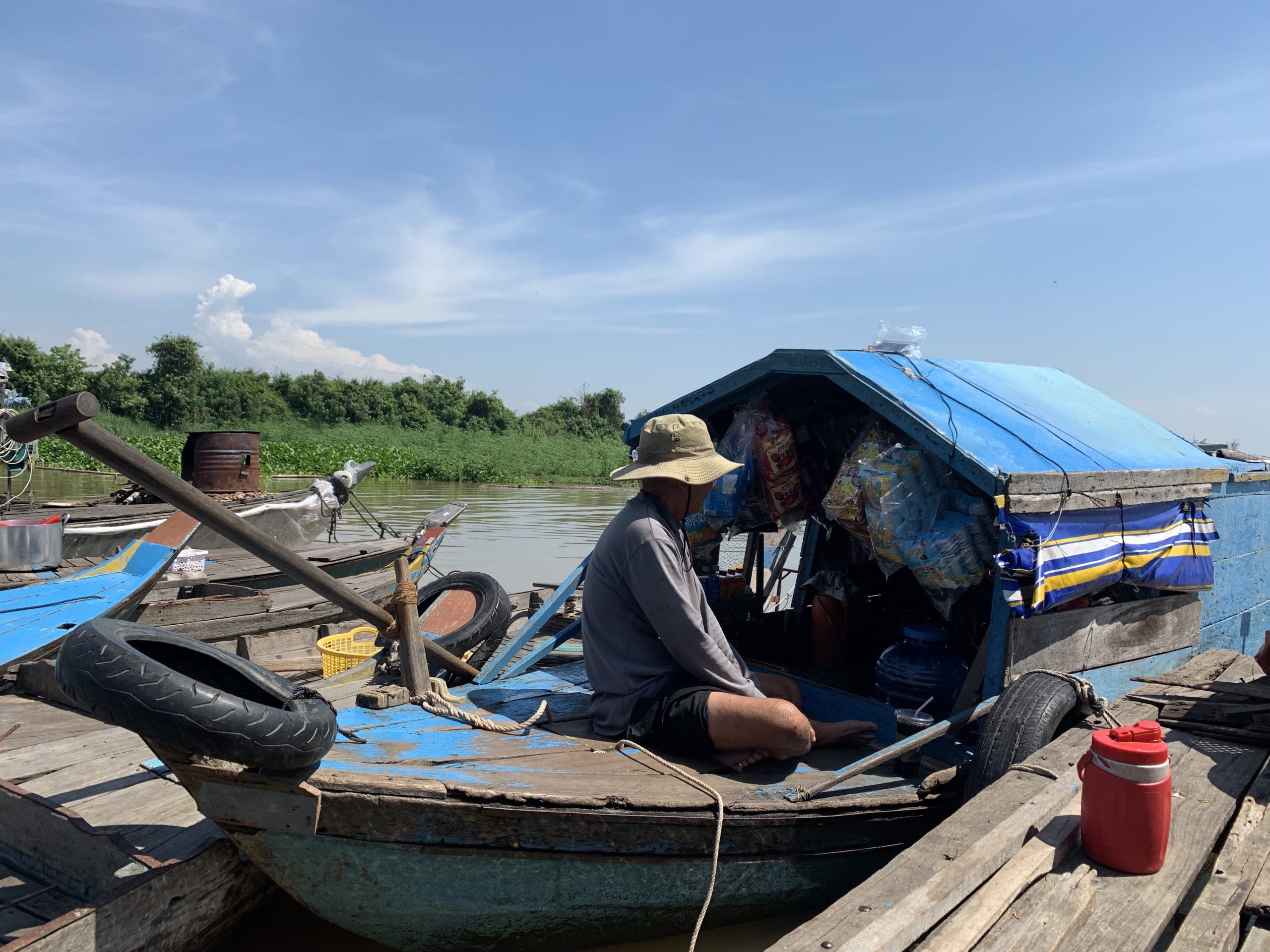1. Citizenship Law
a. Jus sanguinis and jus soli Provisions
In Tajikistan, both jus sanguinis and jus soli provisions are included in the main legislative instrument for citizenship and nationality. According to the Constitutional Law of the Republic of Tajikistan on Nationality of the Republic of Tajikistan, if a child is born to at least one citizen of Tajikistan, they will be a citizen regardless of birthplace. For children born on the territory of Tajikistan where one parent is a citizen and the other holds a different citizenship, there are no additional requirements. However, if the child is born outside the territory, they must have at least one parent with permanent residence in Tajikistan in order to be eligible for citizenship. If neither of the parents have permanent residence, a written agreement is required from the parents. To ensure that the child does not become stateless as a result of a disagreement between the parents, the law stipulates that if an agreement has not been reached within three months of the child’s birth, the child will be considered a national of the Republic if not granted nationality of another state.
The Constitutional Law defines a stateless person as “a person who is not considered a citizen of any state in accordance with its legislation,” which is in line with the definition included in the 1954 Convention relating to the Status of Stateless Persons. The Law also states in Article 6 that stateless persons are encouraged to acquire citizenship of Tajikistan.
b. Naturalized Citizenship
Foreign citizens and stateless persons alike have the right to apply for nationality in Tajikistan. In order to do so, one must have permanent continuous residence in Tajikistan for five years, be able to communicate in the state language, and have no criminal prosecution. There is a simplified procedure for naturalization open to both foreigners and stateless persons who have outstanding achievements, are former USSR citizens, or are a child or incapacitated person who is in state custody or guardianship. A 2008 amendment to the Constitutional Law removed access to this simplified procedure for refugees. While some stateless persons can still access this procedure, UNHCR recommends that the Republic of Tajikistan ensure that it is open to refugees as well.
Stateless persons who are ineligible for naturalization through the simplified procedure can apply for naturalization at half the required period of permanent residence. UNHCR recommends that the requirement of permanent residence be removed for the process of naturalization for stateless persons to further expedite the process.
In 2019, the Law of the Republic of Tajikistan On Amnesty Related to Legalization of Stateless Persons and Foreign Nationals Illegally Residing in the Territory of the Republic of Tajikistan was passed, which includes provisions for foreign nationals and stateless persons to legalize and regularize their status. The new Law provided the opportunity for stateless persons to obtain residence permits, resolve complex cases of statelessness, and a possibility of gaining citizenship in just three years. However, an expiration date was placed on this new Amnesty Law for December of 2022, which UNHCR recommends that the Republic of Tajikistan extend to provide more people affected by statelessness the opportunity to address their legal status.
c. Dual Citizenship
The Constitution states that only Tajik citizenship of dual citizens will be recognized unless covered by a treaty recognizing dual citizenship of the specific state/s. For a foreign citizen to obtain citizenship of Tajikistan, they must include proof of renunciation of previous citizenship in the application for citizenship, leaving them vulnerable to become stateless if the Republic of Tajikistan rejects their application for citizenship.
2. Treaty Ratification Status
Article 3 of the Constitutional Law of the Republic of Tajikistan on Nationality of the Republic of Tajikistan states that both “the present Constitutional Law and international treaties of Tajikistan shall be applied” for issues pertaining to nationality of the Republic of Tajikistan.
While Tajikistan has not yet ratified the 1954 Convention relating to the Status of Stateless Persons or the 1961 Convention on the Reduction of Statelessness, it has ratified the 1951 Refugee Convention and its 1967 Protocol, the ICCPR, ICESCR, ICERD, CRC, and CEDAW. Tajikistan has made no reservation in the ratification of these treaties.
In 2018, the CEDAW Committee in its concluding observations expressed concerns regarding the marginalization and high rate of statelessness among women and their disproportionate lack of access to social and economic services. As a party to CEDAW, Tajikistan is obligated to ensure gender equality in nationality laws. While there are no discriminatory provisions in Tajikistan’s legislation, data suggests that implementation has not resulted in equality. Included in the 2023 concluding observations by the CERD Committee were concerns about the 2011 Family Code which places discriminatory regulations on foreigners and stateless persons marrying Tajik women. By ratifying the ICERD, Tajikistan has committed to ensure no discrimination based on nationality or legal status.
Under the CRC, Tajikistan is also bound to ensure that every child is registered immediately at birth. While recent improvements in legislation have significantly improved access to birth registration in rural areas, the Republic should monitor the implementation to ensure that birth registration rates continue to increase and become more equal in accessibility.
Tajikistan is one of only four states globally to have ratified the Convention on Legal Aid and Legal Relations in Civil, Family and Criminal Cases (‘Minsk Convention’), which marks its obligation to ensure the right to a nationality, the right to change nationality, and freedom from arbitrary deprivation of nationality.
| Country | Stateless 1 | Stateless 2 | Refugee | ICCPR | ICESCR | ICERD | CRC | CEDAW |
|---|---|---|---|---|---|---|---|---|
| Tajikistan |



